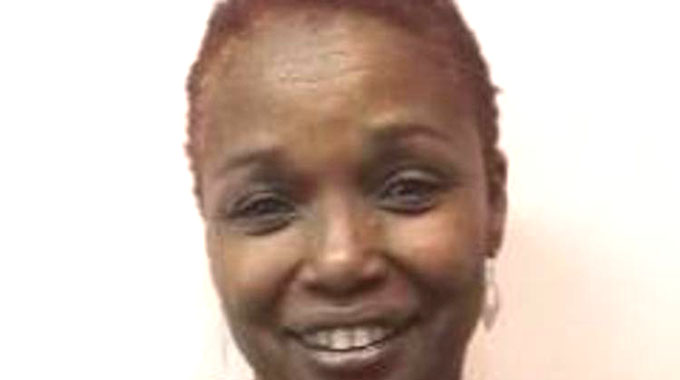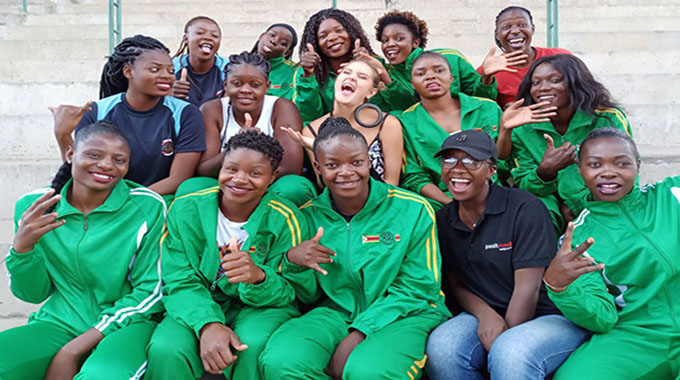Cuba vows to strengthen ties with Africa

Kudakwashe Mugari Deputy News Editor
CUBA has been an all-weather friend immensely contributing to the fighting against colonialism and apartheid in Africa and has continued to lend its support to the continent in the field of education and medicine.
In an interview with this publication, Cuban Ambassador to Zimbabwe Carmelina Ramirez Rodriguez said since the triumph of the Cuban revolution orchestrated by the late Revolutionary par excellence, Fidel Castro in 1959, the South American country has always prioritised its foreign policy in assisting African revolutionaries in their quest to conquer shackles of colonialism.
“Since the triumph of the revolution in 1959, Cuba has made solidarity with peoples and countries struggling for the emancipation.
“From the first moments, despite the hostility of the United States and the innumerable internal difficulties Fidel Castro made Cuba a land asylum for all the revolutionary groups and national liberation movements of Latin America, African and Asia.
“Our relations with all other countries of Africa including Zimbabwe are a priority in Cuban foreign policy,” she said.
Ambassador Rodriguez said Cuba was inspired by principles of common history grounded in deep cultural and historical roots to support national liberation in Africa by offering help and resources.
“Cuba played an important role in the different processes of national liberation in Africa, offering help and resources.
“They (relations between Cuba and African countries) are based on firm positions of principles, they are part of a common history, which is grounded in deep cultural and historical roots,” she said.
The Ambassador said Cuba was indebted to lend a hand to revolutionary leaders in Africa as a way to give back to African men who fought on Cuba’s side in their fight for independence from Spain.
“200 000 African men and women come to Cuba as slaves, whose descendants fought for our independence from Spanish colonialism.
“More than 300 000 Cubans fought, in countries such as Angola, Namibia, Guinea, Bissau and Ethiopia for their independence
“2,077 Cubans soldiers died fighting against colonialism and the apartheid. Cuba made important contribution to the end of apartheid in South Africa and the independence of Namibia,” she said.
Cuba has continued to stand by African countries and has assisted the continent in the field of education as well as health.
“After independence Cuba continues helping African in developments professional skills, with teachers and doctors
“Currently 4,457 Cuban collaborators work in 28 nations of sub-Saharan Africa, according to official data
“Likewise, up to 2017 more than 30 000 African students were graduated in Cuba in various specialties.
“Equally, 8533 African study in the Cuba in different university careers.
“In Zimbabwe there is a Medical Brigade of 37 specialists distributed through the country,” Ambassador Rodriguez said.
Cuba is one country that has managed to withstand sanctions slapped by United States of America decades ago.
Ambassador Rodriguez said praised Zimbabwe’s revolutionary party ZANU PF, and Africa for standing by the Caribbean country during its time of need.
“ZANU PF unites a historical relationship dating from before independency.
“We thank Africa, especially Zimbabwe for their support in our fight against US blockade since 1992,” she said.
The Havana envoy to Harare said despite the extension of the trade embargo by the Donald Trump’s executive, they will continue to resist sanctions imposed on Cuba.
“On 17th April 2019, the Trump Administration announced several decisions that mark a significance shift in US policy towards Cuba, announced the full implementation of the most contested part of the Helms-Burton Act, it pursue with a marked extraterritorial pretension, to harm entities and entrepreneurs of third countries and threaten them with legal reprisals or the denial of visas to them and their relative to enter in the United States if they develop commercial and investments relations with Cuba.
“The sanctions also seek to limit the links of Cuban residents in the United States with their country of origin and cut off personal contacts between citizens of the two countries as much as possible. They restrict the amount of the remittances and the possibilities of US citizens to travel to Cuba.
“We do (not) have any other choice (but) to resist in spite of (efforts to) continue developing,” she said.
The current President of Cuba is Miguel Díaz-Canel, since 19 April 2018.








Comments